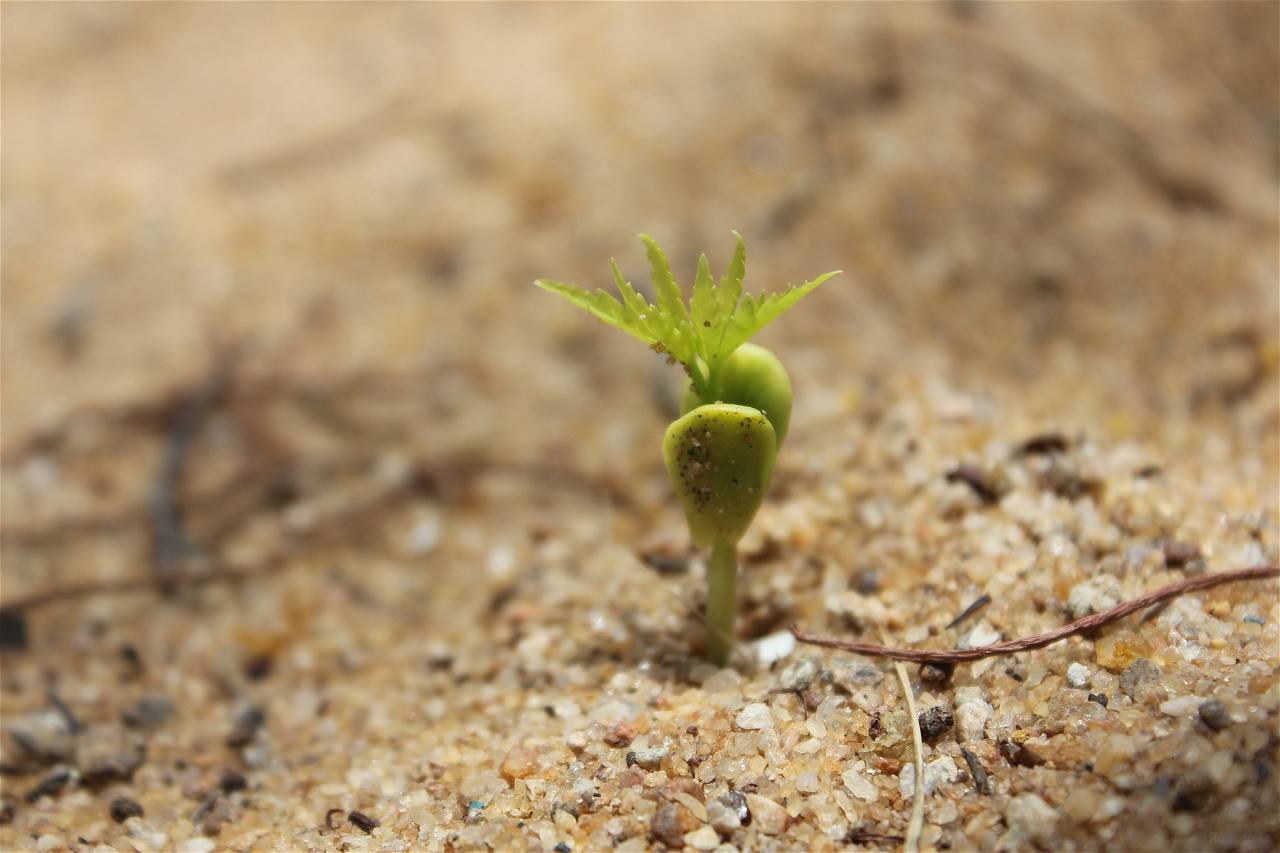
Many times it happens that the seeds you sow with much thrill and anticipation fail to germinate. Isn’t it disheartening? But, instead of lamenting on the failure, let’s find out the common reasons for the failure of the seeds to germinate or sprout. There has to be a reason, right?
Before we dwell further in this issue, first you must determine that the seeds you are sowing are seasonal. If not, then they would not germinate and stay dormant until their season arrives. Similarly, climate issues or temperature issues are also responsible for sprouting of seeds. Also ensure they are getting enough oxygen. And don’t forget to check seed quality at home.
If all the above mentioned things are right and your seeds are still not sprouting, read on. We will tell you the probable reasons why your seeds failed to sprout.
1. Excess of water
Water is essential for seeds. But if you water the pot unnecessarily more, then your seeds would fail to germinate. Heavily wet soil may choke the seeds and they would either die or go dormant.
2. Lack of water
Less water is also detrimental for healthy germination of seeds. If you do not water them sufficiently, they would dry out. So, make sure you plant seeds in properly and then water them properly too.
3. Insufficient oxygen
Oxygen is required for metabolism of the seed and photosynthesis. If seeds do not get enough oxygen, these processes would not take place and the seed would die. It is important that the coatings of seed are broken so that they can absorb required water and oxygen. That’s why many seeds are pre-soaked overnight or for certain hours to “soften” them and prepare them for sowing.
In this case, too little or too much water is responsible for the problem of inadequate oxygen. Overwatering can make it difficult for seeds to absorb oxygen, while under watering may dry out seeds.
In addition, if you sow seeds deeper than required, they cannot get oxygen. Choosing the wrong medium to sow seeds is also responsible for the lack of oxygen.
4. Non conducive temperature
It is essential to check temperature in any season. Too much or too low temperature can affect seed germination. Ideal temperature for germination of seed is 60-70 degrees Fahrenheit. Please apply appropriate measures to keep the temperature conducive to sprouting of seeds, if it is too hot or too cold. Don’t forget proper ventilation.
5. Damping off
At times, you sow seeds properly, but they still die. This is called damping off. This is a situation when, despite all things in place, the seed fails to sprout. This problem often happens in indoor gardening or greenhouses. Check your soil. It may contain microbes that are harming your seeds. Use a fresh potting mixture. You can also make your own potting mix at home.











